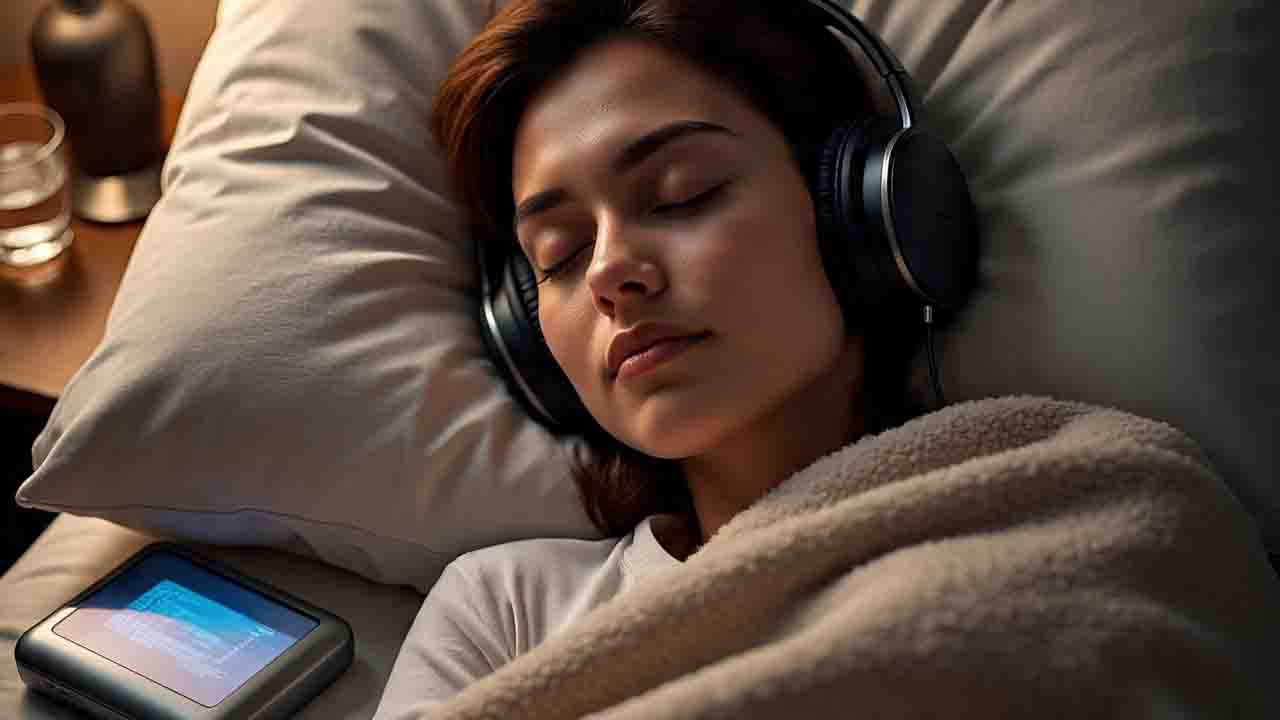
Elmsleep – Beyond Pills is not just a slogan but a growing movement reshaping the way we treat sleep disorders. As millions face chronic insomnia, disrupted sleep, or stress-induced restlessness, many are looking beyond pills to explore safer, more natural alternatives. Two promising solutions gaining traction among researchers and clinicians are music therapy and biofeedback. Early studies show these methods may significantly improve sleep quality without the risks of medication dependency or harmful side effects.
Music has been a source of healing for centuries, but modern science is now confirming its power to improve sleep. Music therapy works by guiding the brain and body into a calmer state, regulating heart rate, lowering blood pressure, and easing mental tension. These effects help people fall asleep faster and maintain deeper, more restorative rest. Clinical studies suggest that relaxing music played before bedtime can boost sleep efficiency, particularly in those who suffer from insomnia. Unlike conventional sleeping pills, music therapy does not come with a risk of tolerance or addiction, making it an attractive beyond pills strategy for long-term sleep care.
“Inclusive by Design: Accessibility and Ethics Take Center”
Biofeedback is another innovative approach allowing people to gain more control over their sleep health. Using wearable sensors or specialized devices, individuals can monitor real-time signals such as breathing, heart rate, or muscle tension. With practice, they learn to adjust these signals, moving their bodies into a calmer, sleep-ready state. Early trials have shown biofeedback techniques can improve sleep continuity and reduce nighttime awakenings, helping patients feel more refreshed in the morning. As technology evolves, biofeedback is becoming more accessible, offering a practical and drug-free alternative to traditional treatments.
Experts increasingly see music therapy and biofeedback as powerful tools to move beyond pills in addressing sleep disorders. While more research is needed to fully validate their effectiveness, their potential to offer safer, sustainable sleep solutions is undeniable. In a world where stress and overstimulation disrupt our nights, these natural methods could mark a new chapter in sleep medicine one that embraces the body’s own healing power and helps millions finally rest easy.
“Wireless Earbuds Take Over: The Lifestyle Trend Redefining Audio”